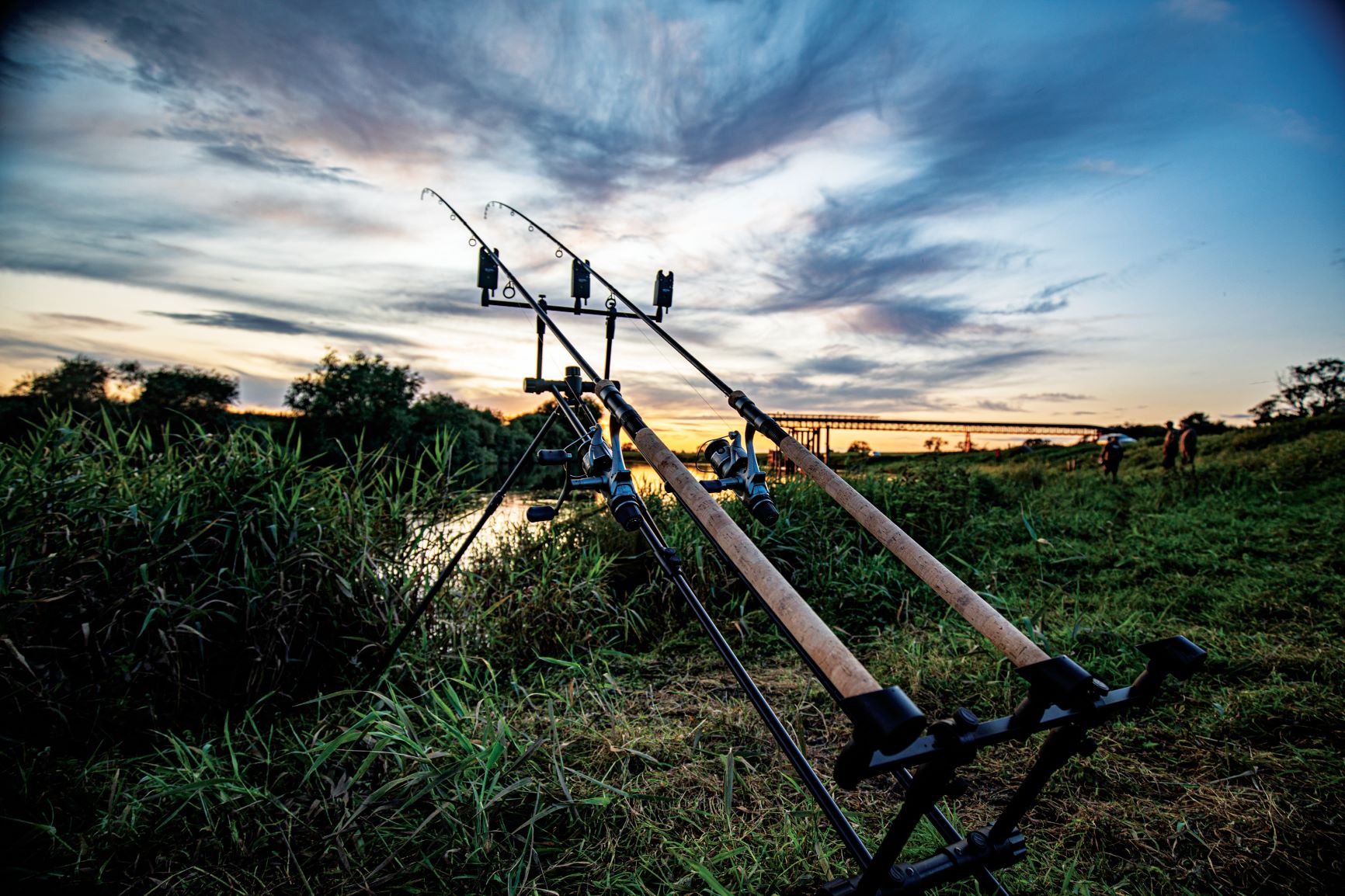Your Guide to Summer River Fishing

The opening of the river season on June 16th is one of the biggest events in the angling calendar, and with the river season now well underway, Angling Direct thought now would be as good a time as any to run though some handy hints and tips ahead of what is set to be a bumper season.
First, a few simple considerations to make about summer fishing generally. Be aware that it will be warmer than you will be used to having fished this spring, that means sun cream and plenty of water for you, the angler, and lower oxygen levels in the water for the fish, so bare this is mind when it comes to fish care, take your pictures as quick as you can and get the fish back in the water.
Some people fish for pike in summer, in different parts of the world this is the norm, however, research suggests that pike should not be fished for in temperatures above 21 degrees, this is to protect the pike, the last thing you want is to return a lifeless pike to the river.
-
Best time to go river fishing?
As with any fishing discipline at any time of the year, early morning and late in the evening can be a very effective time to wet a line, this also fits around most peoples work schedule which is a bonus!
When asked about the best time for a session on the riverbank, Ade Kiddell - a contributor for Angling Direct – said ‘Fishing both very early and late can be rewarding during this time of year on the river. Many anglers would agree that there is nothing better than being on the riverbank as dawn breaks. Not only is it a great time to be fishing but it is also a fantastic time to see and hear nature at its finest. Just picture the dawn chorus of British birdlife which is amazing and missed by so many as they are still in bed whilst nature is wide awake. If your fishing is limited to a few hours, make it the first few hours of daylight or indeed the last few hours before nightfall’ - check out Ade’s latest blog, here.

-
Research your chosen river fishing venue
Scouting ahead is always a good idea, especially when new to a venue. Leaving the rods at home, and armed with polaroid sunglasses, something to record notes on and perhaps binoculars, walk the stretch of river you plan on fishing, or walk the length of the section and find a swim you like the look of.
It is commonplace for anglers to keep notes on swims, whether they have fished it or not, if a rolling fish is spotted and its of a decent size, chances are that will be recorded in an anglers notes.
Speak to other anglers that have fished the stretch before, get an idea of bait they use, tactics, as much as information as you can gather. Like with every hobby, some anglers will be more than happy to share their thoughts, others not so much. Just worth keeping in mind.
-
What are the best river fishing spots?
Researching your chosen venue is a paramount importance and should be carried out before your first session, at least. However, as a rule, there are certain features within a river that fish particularly well.
Looking for weir pools and areas of deeper water along the river, especially those immediately after shallow fast-flowing water as these can be very productive places to fish. Many fish are attracted to the higher dissolved oxygens levels in these areas so baiting here is a wise move, especially in the summer months.
Also remember to scout out the rivers features, both above and below the water line, any overhanging trees or reed beds, lilies, fallen trees, anything which can both provide shelter and food source.

-
Best bait for river fishing?
In the weeks immediately after the start of the river season, it is always worth opting for a natural bait, as this is what the fish will have become accustomed to eating in the absence of anglers.
Maggots, casters, worms, hemp and larger particles like sweetcorn will produce plenty of fish, so make sure you have a good supply of fresh bait. All Angling Direct retail stores have a good supply of the freshest high-quality bait.
-
Check your fishing licence